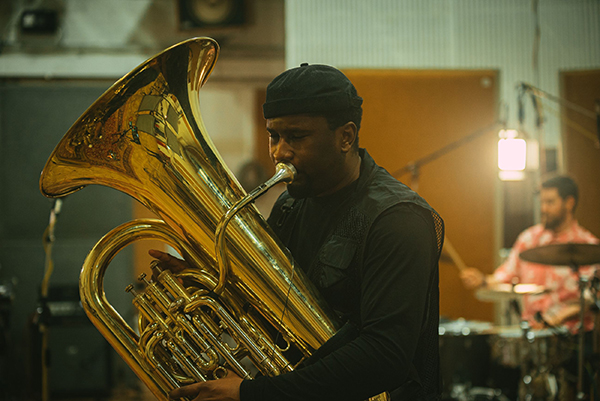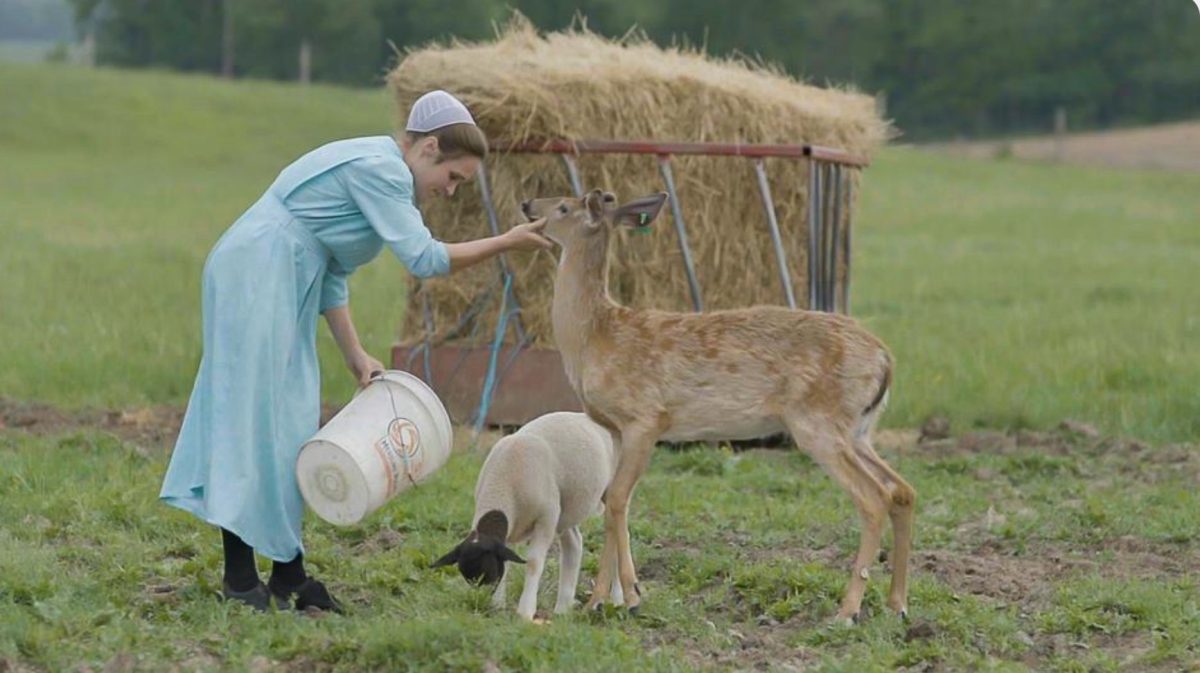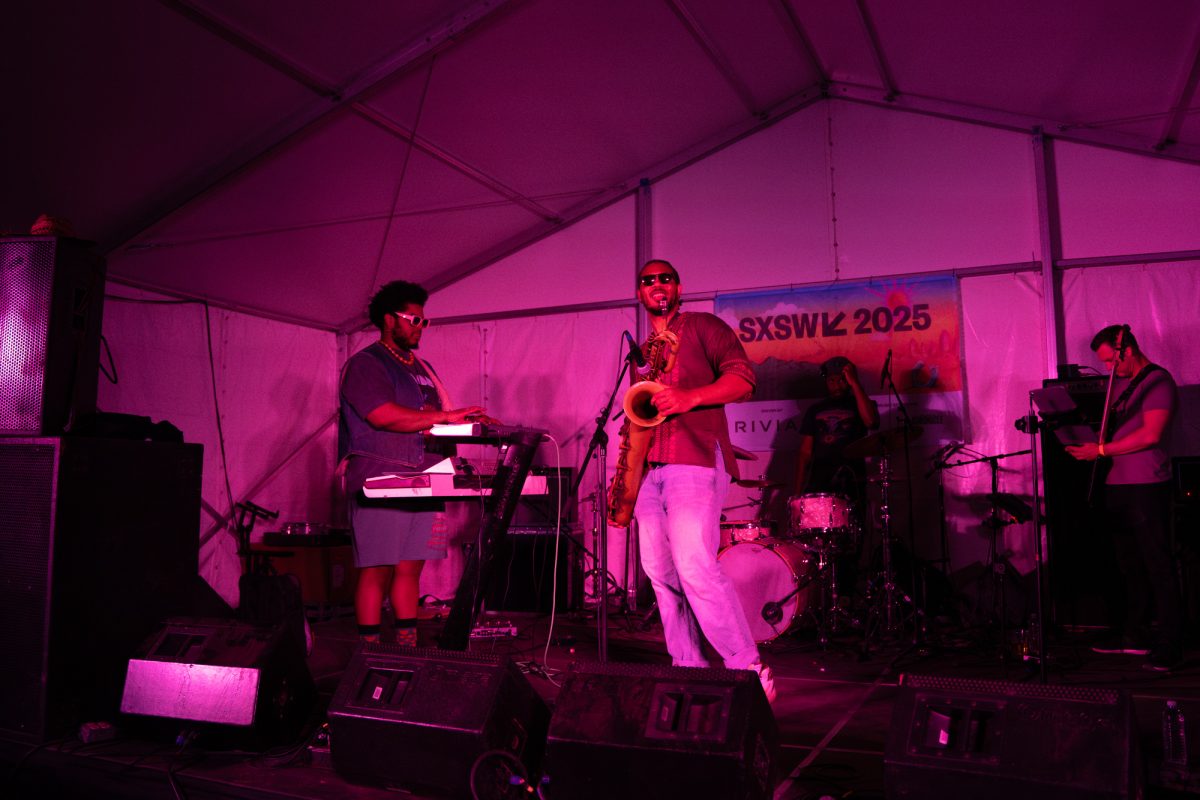Emerging British jazz musicians performed at Abbey Road Studios in London on Tuesday, March 16 for the Jazz re:freshed Outernational showcase at the 2021 South by Southwest Music Festival.
British tuba player, Theon Cross, talked to The Daily Texan about the influences of his new jazz album.
The Daily Texan: You make jazz music with different influences. What genres influence you?
Theon Cross: I think genre wise, I take influence from various different styles; I'd say I take influence from African music, African American music. I think the underlying factor for the music I would make I would refer to is Afro diasporic music. Growing up with so many different styles of music and infused in those styles, I think my music has elements of Caribbean music, African music, but then the sound of multicultural London as well, so my music sounds like a fusion of different things.
DT: What inspired the album you are currently working on?
Cross: (The album) is going to be entirely tuba and electronic instruments, and the concept is about self reliance and the journey within, and I think the sort of aspects of it is a musical depiction of that philosophy. In a time where we're all in isolation and we've spent so much time by ourselves, it's almost like my offering of what I've been going through and lessons I've learned. The album is a depiction of that journey for me. I've got songs about self resilience, learning about ourselves and about our mental health. Sadly, I also lost my father during lockdown, so it's also about honoring our ancestors and the people that came before us. It’s an album about the journey we have been on and using the tuba as the tool to express that.
DT: Jazz has a deep history throughout the world. How do you take inspiration from transitional jazz while also making your music your own?
Cross: I came up in a workshop which was focused on traditional jazz, like bebop and swing. All that music gave me a grounding in improvisation, but also repertoire and technique. So for me, it's about taking things from the past and knowing its significance and knowing the history and knowing the story of where these musicians are coming from and infusing that and telling our story today and using the tools of the time.
DT: The tuba isn’t very common in mainstream music. What would you say to people who have never heard it before?
Cross: I want them to know, conceptually, my music is about self love, loving oneself and the tribulations and the journey of finding out what that is. Me playing the tuba is a way to utilize the tool to convey that message. My goal is to push the boundaries of how people perceive (the tuba). It's always been perceived as something that is cumbersome and not fragile, agile. My way of approaching it has always been to make people look at differently and hear in different spaces to the point that it's normalized, and then someone else picks up the instrument and does something different. So any part I can play in breaking boundaries is of importance to me.
DT: What is unique about your music and modern jazz as a whole?
Cross: I think improvised music is very important because it's watching music and getting the musical ideas of a musician in real time. I think a lot of (modern) music lacks improvisation. There’s something very human about reacting on the spot. I think that will always be engaging and exciting and something to behold — watching an ensemble do something around a parameter, but different every night. Just like you don't know what I'm gonna say and I don't know what you're going to ask me, that level of improvisation is very human. I think that is always going to be prevalent and exciting in music.




















